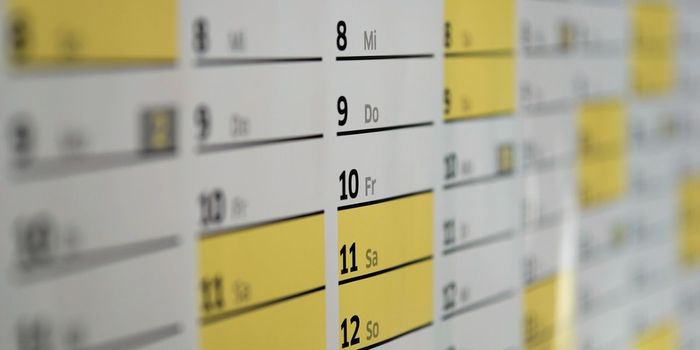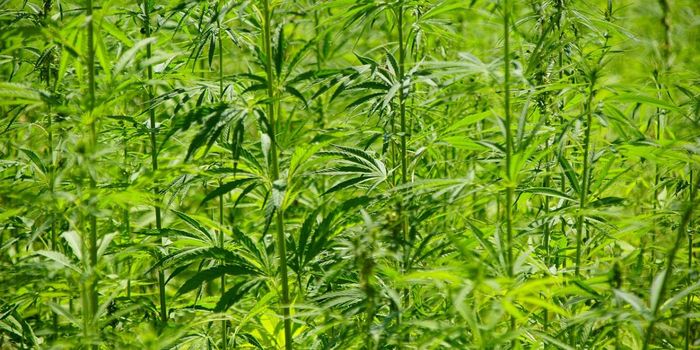The Latest Research on Cannabis Social Equity Programs
Cannabis social equity programs are designed to increase licensure and employment opportunities for lower income and BIPOC (Black, Indigenous, and people of color) communities impacted by cannabis prohibition. As more states legalize cannabis and implement social equity programs for aspiring cannabis business owners impacted by previous cannabis prohibition laws, new challenges face equity applicants and their communities.
A study published in the Journal of Cannabis Research monitored changes in Los Angeles licensed and unlicensed cannabis outlets in order to assess the impacts on lower income and BIPOC communities. Researchers analyzed data from a cannabis outlet database to track locations of legal and illegal cannabis retail businesses in Los Angeles County. The research team calculated the amount of licensed and unlicensed businesses by socio-demographic characteristics of census tracts (race/ethnicity, education, unemployment) using the 2013-2017 American Community Survey 5-year estimates. The study found there is a long-term negative impact on social equity based on the location of licenses and unlicensed businesses.
The data indicated that Los Angeles licensed cannabis businesses increased from 162 in 2019 to 195 in 2020, and unlicensed outlets decreased from 286 to 137. Data analysis also showed more licensed cannabis outlets were in census tracts with majority white residents and adults with at least a bachelor’s degree. Fewer businesses were in tracts with majority Latinx or Black populations. In 2020, 71% of illegal operations were in low-income tracts, and more unlicensed outlets were in predominantly Latinx tracts, high poverty and high unemployment tracts, and tracts with more single female-headed households.
Social equity cannabis business applicants as a science issue unlicensed or black market poses community health and environmental risks as well as the trauma of living in a neighborhood impacted by previous discriminatory cannabis prohibition laws. Refining cannabis policy will address unintended consequences by curbing oversaturation of cannabis businesses in higher income neighborhoods and promoting licensed cannabis business growth in lower-income and BIPOC communities.
Future research on neighborhood-level and state-level impacts will be conducted to assess the impact of cannabis licensing social equity programs.
Source: Journal of Cannabis Research, University of Washington








